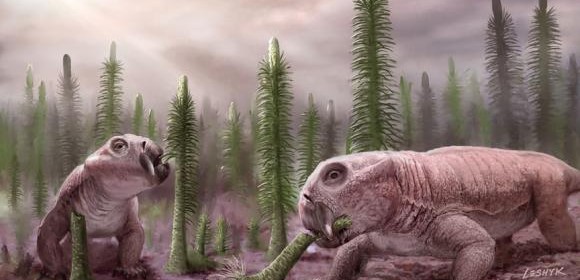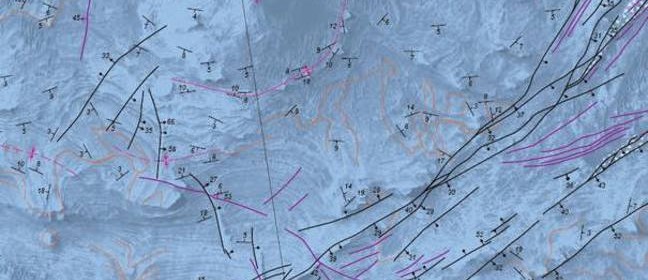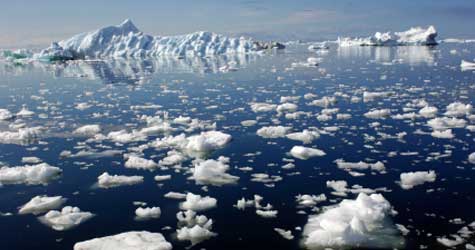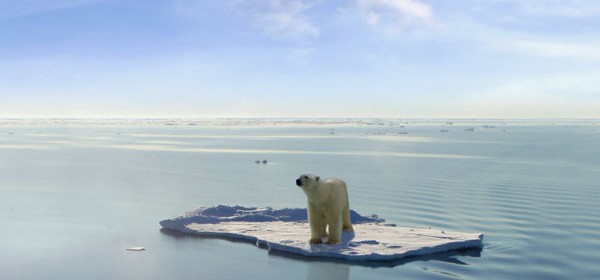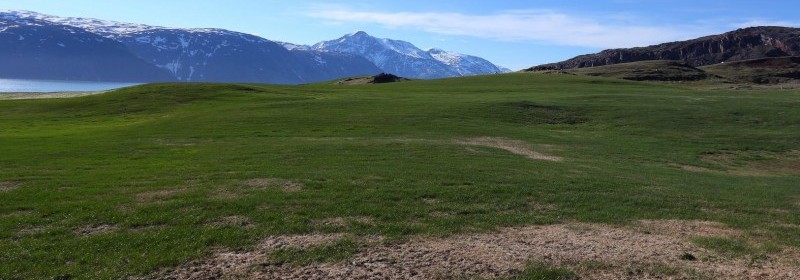Humans settled, set fire to Madagascar’s forests 1,000 years ago
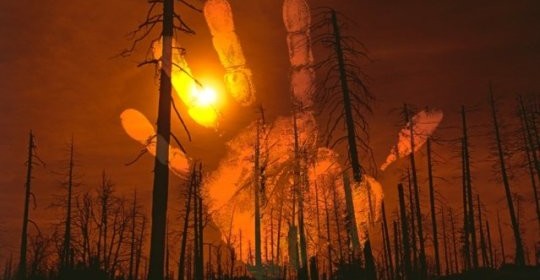
There’s no question that our species has had a dramatic impact on the planet’s physical environment, particularly over the last few centuries, with the rise of modern industry, transportation, and infrastructure. But as new research shows, humans have been transforming the landscape, with lasting impacts, since long before the start of the Industrial Era. Scientists from MIT and the University […]
Read more

